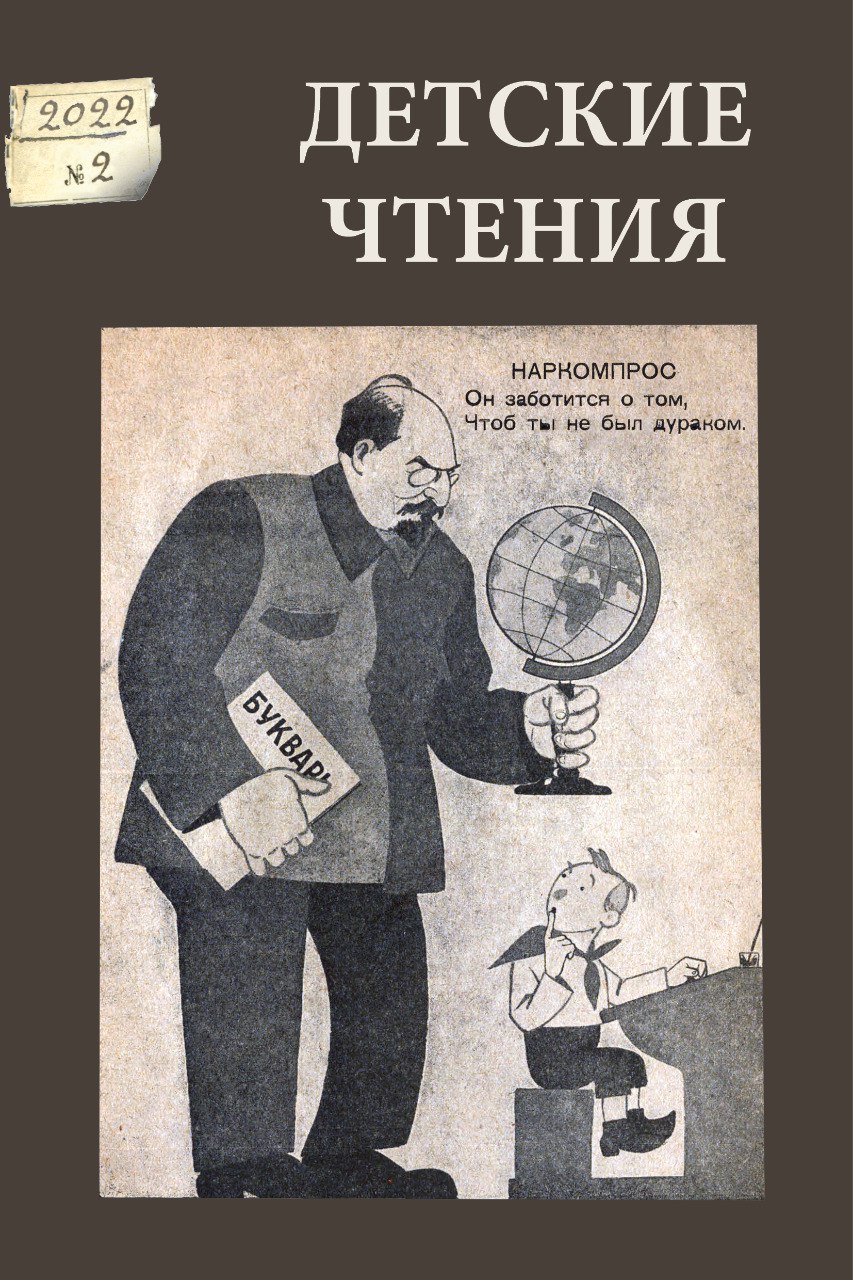THE SCHOOL READING BOOK IN THE RUSSIAN PARLIAMENT, OR ON AN EPISODE IN THE HISTORY OF CENSORSHIP AND CRITICISM OF EDUCATIONAL LITERATURE IN THE EARLY TWENTIETH CENTURY
DOI:
https://doi.org/10.31860/2304-5817-2022-2-22-104-131Abstract
This article discusses a unique precedent in Russian history when the textbook for elementary schools became the subject of parliamentary debate. In March 1913, a group of right-wing members of the State Council appealed to the Minister of Public Education for permission to use the 3rd part of the “Nov’” reading book by N. Tulupov and P. Shestakov in elementary schools. The interpellents argued that in Nov’; and a number of other primary school textbooks approved by the ministry, the authors’ biased texts were anti-monarchical and anti-state, pitting one class against another, killing the people’s religiosity and developing anti-militaristic sentiments. The parliamentarians involved in the debate found themselves in the unusual role of literary critics, children’s reading leaders, and experts in primary education. An analysis of this mishap, its background and consequences, and the discussion in the State Council itself reveals that in the interrevolutionary decade other institutional players besides the state emerged in the field of education policy: zemstvos, school and school boards of trustees, teachers’ public organizations, educational periodicals and, later, political parties. In the absence of curricula for primary schools, the content of teaching was in fact determined by the educational literature that the zemstvo purchased for the schools in its district, choosing from an extensive list of publications permitted by the Ministry. However, state censorship was not an obstacle to the active work of liberally-minded educators in publishing and promoting textbooks, which provoked such a strong reaction from right-wing conservatives. The reading book became the subject of a political struggle for the opportunity to determine the ideological agenda of public education.
Keywords: people’s school, State Council, right-wing monarchist criticism, reading books, Tulupov and Shestakov, Vakhterovs, censorship of educational literature







